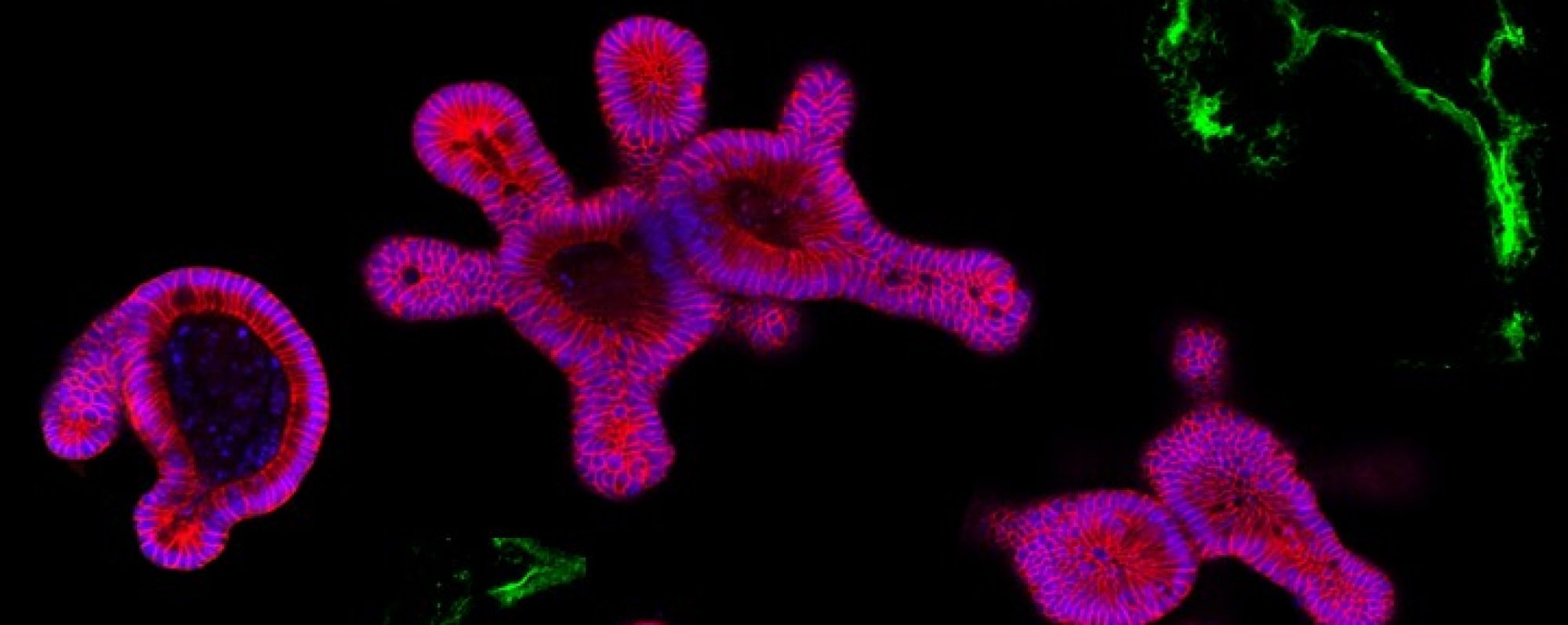Nutritional microenvironment in tumor development and drug response Tumor cells often display fundamental changes in metabolism and increase their uptake of nutrients to meet the increased bioenergetic demands of proliferation. During tumor growth, increased uptake and rapid accumulation of cells can exceed the supply of essential nutrients, such as glucose and glutamine. Similar to hypoxic conditions, we found glutamine is deprived in many solid tumors in contrast to the abundance of glutamine in plasma. Our lab explores the mechanisms describing how the nutritional microenvironment affects tumor development and drug response. We study this question from various aspects, including signal transduction pathways, epigenetic modifications, and metabolic alterations.
Regulation of protein phosphatase 2A complexes in metabolic diseases Reversible protein phosphorylation is the major regulatory mechanism used by cells to respond to environmental and nutritional stress. Aberrant regulation of this activity leads to dysregulated cellular behavior and disease phenotypes, including many forms of cancer, diabetes, and obesity. Although we know much about how protein kinases function in specific signaling governed by phosphorylation, whether protein phosphatases are also regulated and actively function in the processes that counteract kinases in disease related signaling pathways has not been established. Protein phosphatase 2A (PP2A) is a major serine/threonine phosphatase that plays a role in regulating many signaling pathways. Unlike kinases, serine/threonine phosphatases are promiscuously active, and their specificity is governed largely by associated proteins. Our laboratory is interested in characterizing specific PP2A complexes in nutritional signaling related to cancer, diabetes, and obesity.
